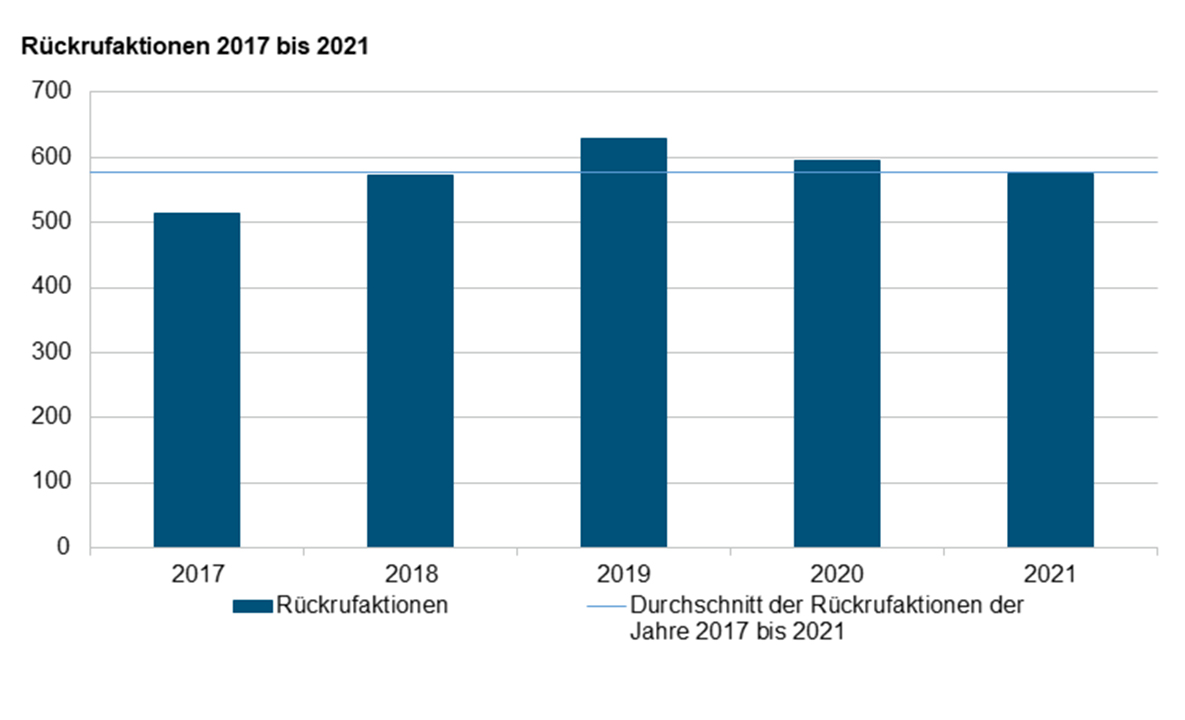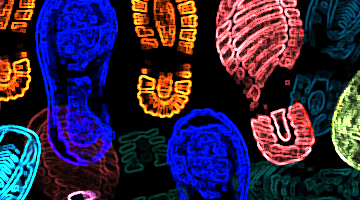Traceability functions in MES

Optimize production, prevent recalls
Traceability is of particular importance in the digitization of products and processes in the manufacturing industry.
The term ‘traceability’ refers to the traceability of the product throughout the entire production process in order to be able to limit the damage in the event of a defect on the one hand and to ensure the optimization of production processes and thus also an increase in quality on the other.
In combination with efforts against data manipulation, for example, traceability not only enables clear identification but also authenticity verification. Traceability also plays a major role in issues such as warranty, supplier evaluation or consumer protection. In some industries, such as automotive, medical technology, the food industry, or aviation, it is also an indispensable means of meeting legal requirements and national and international standards.
MES as a tracking & tracing tool for digitized manufacturing
The high demands in this respect place greater demands than ever on manufacturing companies in the design of their production processes. Added to this are increasing requirements with regard to individual parts and batch tracking. Highly efficient traceability solutions, which in addition to traceability also consider ongoing process optimization and multi-stage plausibility checks, provide valuable answers here. This is why companies rely on digitization measures in the manufacturing area and thus on high-performance MES solutions to ensure success. A high degree of individualization of the MES standard software and comprehensive know-how with regard to sustainable and efficient manufacturing digitization are decisive at this point.
Digital image of products and processes
With the traceability & logistics functions of an MES, however, companies not only get powerful individual parts tracing, but also the transparent visualization of manufacturing progress as well as quality data collection to ensure the associated – usually self-imposed – standards. In this way, companies create a digital image of their products and the associated processes. In addition to the traceability of materials, products and workpieces, the software-supported traceability & logistics functions also aim at the ongoing optimization of manufacturing processes and intralogistics.

Using MES against data manipulation
In day-to-day manufacturing practice, the MES thus supports companies in the collection and processing of important process and product data and thus creates the prerequisite for traceability. A good example of this are torque values with which a rotating component is attached to the end product. The worker can already check the correct assembly at the workstation. As a supplier, you can provide customers with information about important production parameters and product quality standards at any time. In this way, companies can also be sure that data and products are not manipulated when they enter the value creation and distribution network.
Finding the source of errors more quickly, eliminating problems faster
In the automotive industry in particular, pressure is constantly increasing with regard to strict traceability requirements. Both suppliers and OEMs must be able to trace which route the individual part has taken through production, whether all the necessary steps in the production process have been taken, and whether the general conditions have been met, such as plausibility checks, quality management, or the higher data accuracy for analyses. The goal here is full transparency from the raw part through the production process to the end product – ideally down to the individual part level. By identifying and tracing individual components, product and process information can be ideally linked. Defective products can thus be located more quickly and in a more targeted manner. Sources of error can also be identified more quickly and problems can be rectified better and also more quickly.
This is made possible, for example, by a logic within the production-optimizing software that links individual parts in production orders with unique serial numbers and stores the process and plausibility data generated in the production process for the individual part. The technology used for this plays a subordinate role. Barcode, Data Matrix Code (DMC) or an RFID chip are conceivable options, for example. The focus is only on the unique identifiability of each individual part.
Production quality could reduce the number of recalls
A look at the KBA (Kraftfahrt-Bundesamt – German Federal Motor Transport Authority) statistics on recalls from 2017 to 2021 shows how important traceability is, especially in the automotive sector.

It states, for example: “Product defects can lead to different hazards. Recall measures therefore vary in the way they are implemented. If there is a serious risk, the recall is usually the most effective means of protecting vehicle owners, uninvolved road users and the public.”
Innovative MES solutions with a powerful traceability function can meet this challenge safely and efficiently, actively preventing recalls. This is because the MES can also make an important contribution here in terms of production quality.
Concrete use case: Process data from an operation is recorded, transmitted to the MES and transferred to the next workstation via OPC-UA server on the basis of the unique assignment to the workpiece. The machine settings required there are based on the previously recorded process data. Slight deviations can thus be corrected in good time if necessary. Production quality is thus raised to a new level. In addition, threshold values can be defined and combined. An ‘in order’ or ‘out of order’ qualification can thus be carried out at an early stage of production – and perhaps prevent a recall or two.



